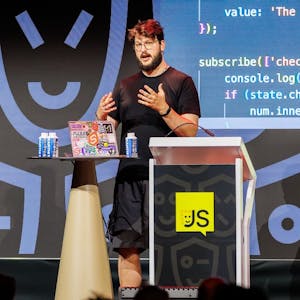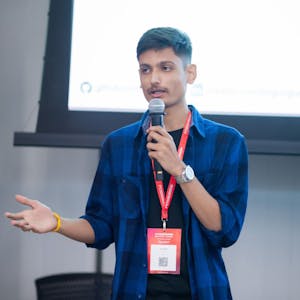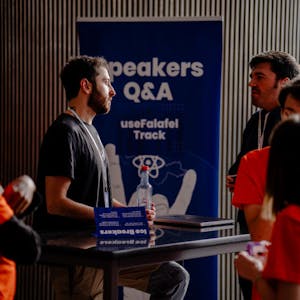46 min
Building Full Stack Apps With Cursor
Workshop
In this workshop I’ll cover a repeatable process on how to spin up full stack apps in Cursor. Expect to understand techniques such as using GPT to create product requirements, database schemas, roadmaps and using those in notes to generate checklists to guide app development. We will dive further in on how to fix hallucinations/ errors that occur, useful prompts to make your app look and feel modern, approaches to get every layer wired up and more! By the end expect to be able to run your own AI generated full stack app on your machine!
Please, find the FAQ here
Please, find the FAQ here









































































